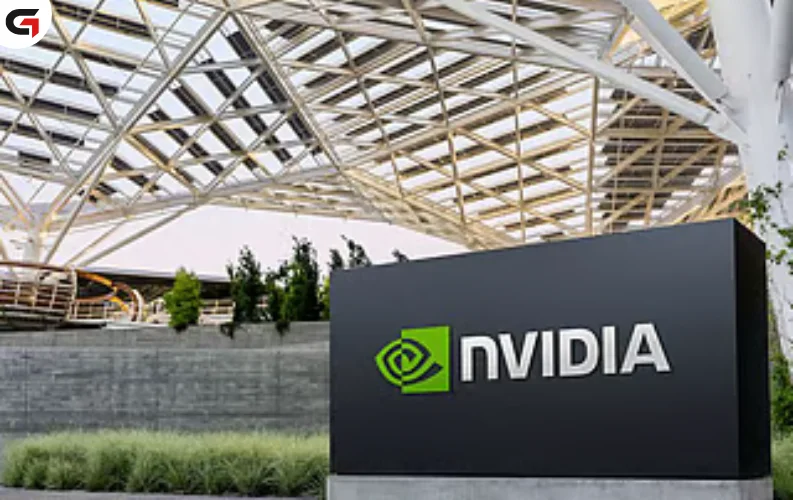Nvidia Corporation reported a record $18.8 billion in net profit for the first quarter of fiscal 2026, surpassing Wall Street estimates despite facing steep export restrictions to China that slashed revenue by $4.5 billion.
The California-based semiconductor giant posted total revenue of $44.1 billion for the quarter ending April 27, a 69% year-on-year increase, narrowly beating analyst forecasts of $43.3 billion. The company’s shares rose nearly 4% in after-hours trading following the announcement.
Nvidia CEO Jensen Huang said the firm expects second-quarter revenue to hit $45 billion, underscoring the company’s belief in continued “exponential growth” in the global AI market.
“Every nation now sees AI as core to the next industrial revolution, a new industry that produces intelligence and essential infrastructure for every economy,” Huang told analysts on a conference call.
Data Centers Dominate
The company’s data center segment, which has overtaken gaming as its primary revenue driver, generated $39.1 billion in sales, slightly below the $39.2 billion analysts had expected, but still well ahead of peers in the industry.
Gaming revenue also outperformed, coming in at $3.8 billion compared to projections of $2.85 billion. Meanwhile, the automotive division delivered $567 million in sales.
While Nvidia has grown into a $3 trillion company largely on the strength of its AI accelerator chips, export controls imposed by the U.S. government in April have significantly complicated its operations in China.
Export Restrictions Bite
The Trump administration’s expanded export curbs on data center processors have effectively blocked Nvidia from supplying high-performance chips to Chinese customers, prompting a $4.5 billion writedown this quarter and an expected $8 billion revenue impact over the next.
In a regulatory filing, Nvidia said it is also under investigation by Chinese regulators over compliance with U.S. export controls. The probe may lead to penalties or operational restrictions in China, one of the company’s largest international markets.
Huang said the firm is exploring whether it can design a chip compliant with the new U.S. rules, but acknowledged that further scaling back its current China-targeted H20 model may render the product ineffective.
“We’re just discussing the idea right now,” Huang said. “If we do create something, we’ll consult with the U.S. government before proceeding.”
Geopolitical Risks and Global Push
Despite the setbacks in China, Nvidia is optimistic about global expansion. Huang confirmed plans to travel across Europe next week, including stops in France, the UK, Germany, and Belgium, to explore AI infrastructure initiatives.
His remarks came days after President Trump concluded a Middle East visit where the U.S. announced new AI development agreements with regional partners, signaling a shift in export policy toward other parts of the world.
“Artificial intelligence, like electricity, internet, and communications, is now seen as part of national infrastructure,” Huang told Bloomberg Television.
Investor Caution Lingers
While Nvidia continues to lead the global AI chip race, analysts caution that geopolitical volatility could dampen growth. Jacob Bourne, an analyst at eMarketer, warned that ongoing trade tensions may hinder data center expansion and temper demand for AI hardware.
Still, Nvidia maintains a commanding 90% share of the global AI accelerator chip market and is projecting total annual sales nearing $200 billion, a remarkable leap from $27 billion just two years ago.
The company is also ramping up production of Blackwell, its next-generation chip architecture, and expanding into full computer system solutions to enable faster deployment of AI technologies.
Pressure to Maintain Momentum
Nvidia’s rapid rise has set high expectations among investors. Even small misses in revenue or profit are scrutinized amid fears that the AI boom could begin to plateau.
While Huang has pushed back against such concerns, he acknowledged that losing access to China’s AI market, projected to reach $50 billion, could have long-term consequences.
“Without access to China, our global leadership in AI isn’t guaranteed,” Huang warned. “That market will not wait, Chinese companies will continue to innovate and succeed.”
Nvidia’s stock closed at $134.81 in regular trading on Wednesday. The company now makes up nearly 10% of the total Nasdaq market value, underscoring its dominant position in the tech sector.




















